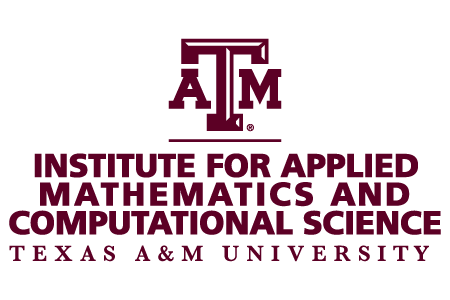A Bayesian Framework for the Solution of High-Dimensional Stochastic PDEs
March 19, 2012
4:10 p.m.
Nicholas J. Zabaras
Abstract
Computer codes that model physical phenomena or engineering processes depend on a number of uncertain input parameters. In this presentation, we discuss the development of an efficient, Bayesian Uncertainty Quantification (UQ) framework using a novel treed Gaussian process model. The tree is adaptively constructed using information conveyed by the observed data about the length scales of the underlying process. On each leaf of the tree, we utilize Bayesian Experimental Design techniques in order to learn a multi-output Gaussian process. While traditional UQ methods (e.g. sparse grids) build a surrogate of the computer code, our framework results in a probability distribution over the possible surrogates, effectively quantifying the epistemic uncertainty introduced by the finite number of simulations (e.g. error-bars for the statistics of interest). Furthermore, the scheme explicitly models correlations between discrete outputs of the code as well as in space and time. We numerically demonstrate the effectiveness of the suggested framework in identifying discontinuities, local features and unimportant dimensions in the solution of stochastic differential equations

